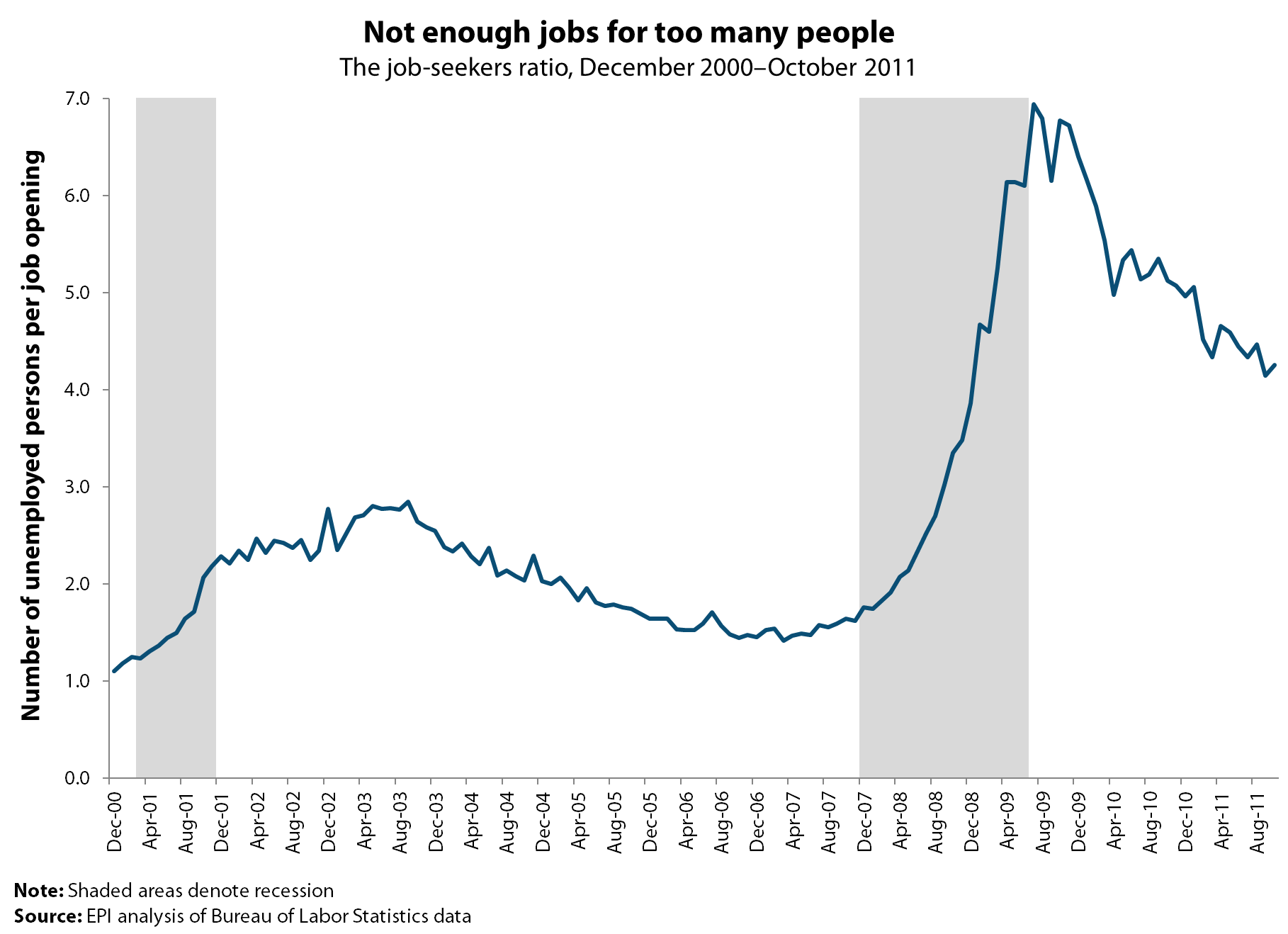The New York Times has
an interesting story this morning about how women are using the recession* to leave work, go back to school, and bulk up their credentials for the job market. Men, on the other hand, are working lousy jobs. (Probably, the story suggests, because men still feel a need to be familial breadwinners in ways that women don't.) Once the recession lifts, though, the newly educated women are going to have an advantage over their grind-it-out male counterparts for new jobs.
When I lost my job, nearly two years ago, I thought ever-so-briefly about going back to school. Time off from career seemed attractive, as did the opportunity to formally upgrade my skills. It was a short consideration, though. I was stopped by two thoughts:
• Debt. Going to school would've cost a lot of money I didn't have. I couldn't see adding graduate-level debt to my financial burdens unless there was a likelihood of employment—
improved employment, financially—on the other side of that degree.
• And I couldn't necessarily see that. A master's degree in journalism (for example) would've been useless—those degrees are mostly for people who spent their undergrad years majoring in philosophy, and who wanted to pick up some useful skills for the job market after all. Besides, job opportunities in the field aren't exactly expanding: I felt—and feel—my resumé is strong enough that I don't need to add an academic degree to bulk it up.
Anything else I would've felt suited for or interested in—English, American Studies, political science—all seemed to be on a path to academia. A doctorate would've been required. Assuming I even had the patience and time for that kind of work, the sad truth is that finding a job in academia after earning a doctorate is still terrifically difficult: It's like being drafted by the NBA after playing college ball—you can be very, very good at something and still not be good enough to make the pros.
The Times gets at this glancingly, in the last couple of paragraphs of the piece:
Those attending more expensive private schools, like Ms. Baker, will have an even tougher time guaranteeing that their educational investment pays off. Including the loans that financed her undergraduate education at Wartburg College in Waverly, Iowa, she will complete her master’s program next year owing about $200,000 in debt.
“I have to have faith that I will eventually get a good job that pays enough to pay my living expenses and pay back my loans,” she said, “and hopefully make me happy in the process.”
I didn't have that faith. That made graduate school a losing proposition.
* I know: Technically the recession is over. It doesn't feel like it.







